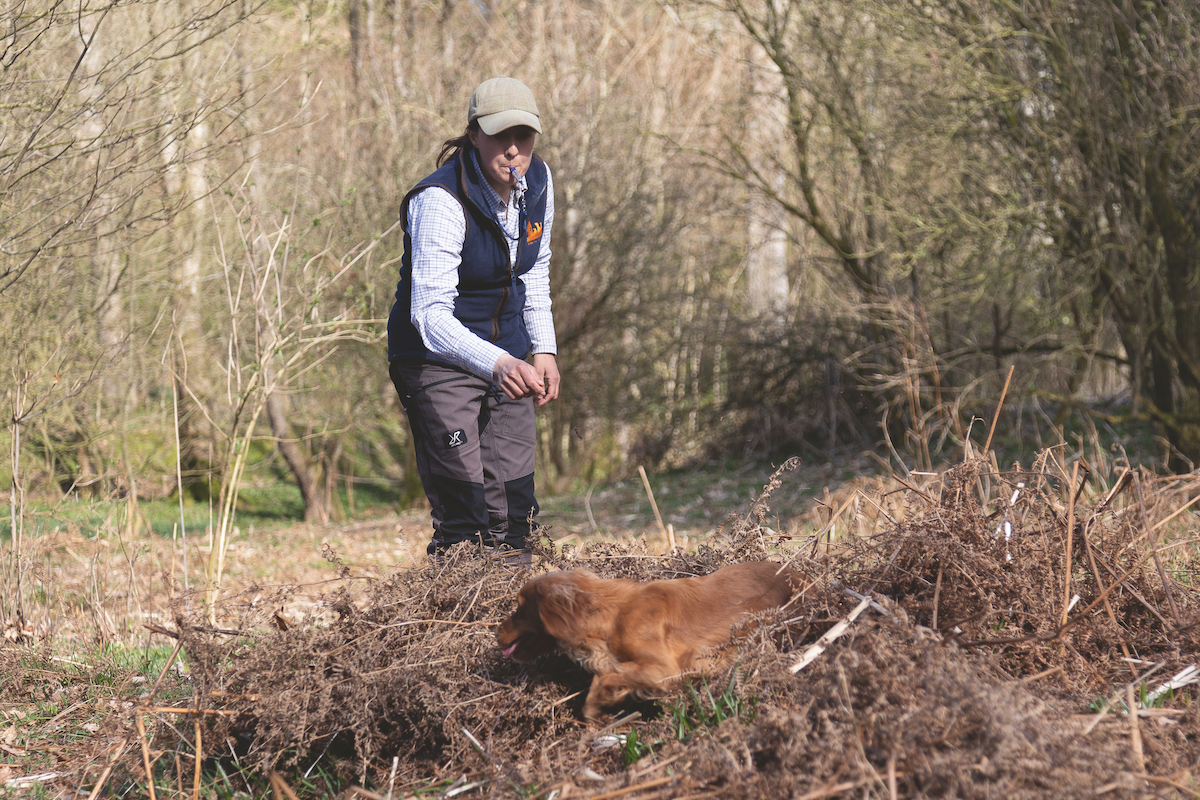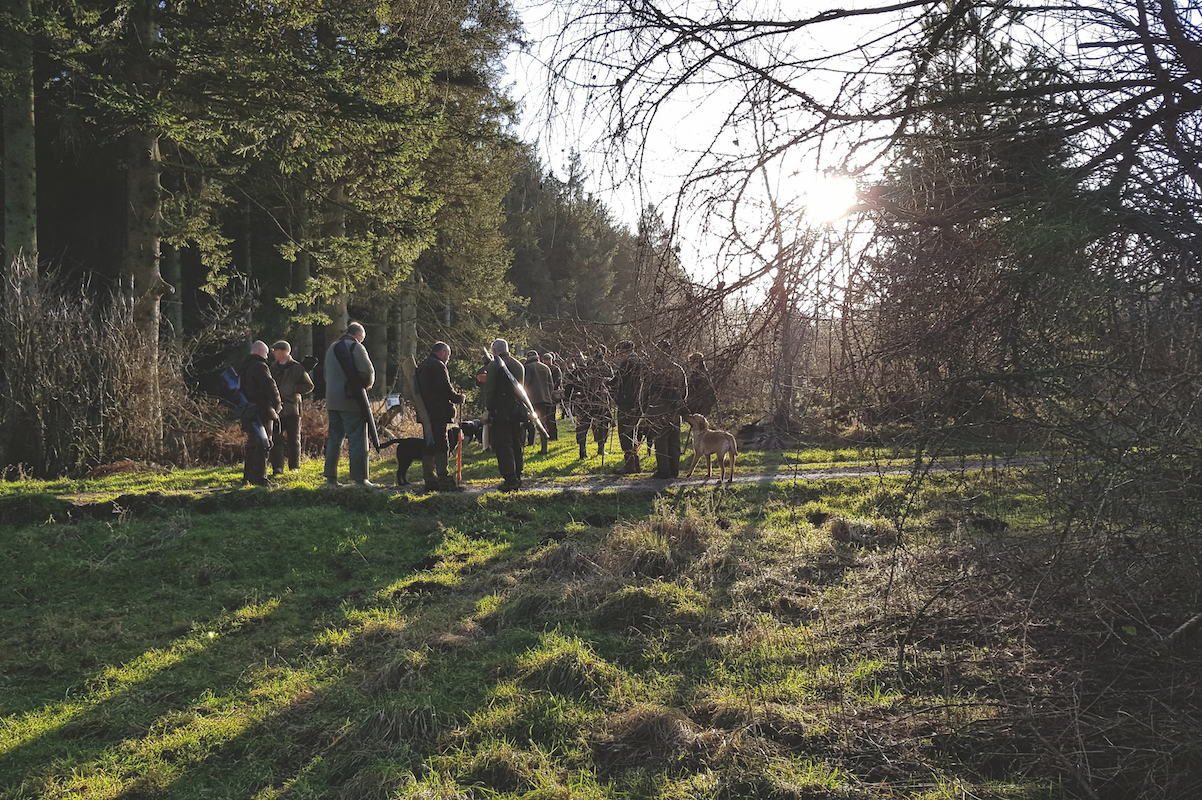What your puppy will need to get used to when lockdown ends
The COVID-19 crisis may have strengthened the bond between you and your dogs, writes Ellena Swift, but now’s the time to plan ahead

This has been an unusual time for all of us in pretty much every aspect of our lives and dog training is no exception. In some ways lockdown has helped in that people now have more time to spend with their dogs. However, given that most were unable to leave their homes and take their dogs anywhere, it’s time to reconsider puppy training after lockdown.

Start getting your puppy used to being separated from you
A sense of routine
It now appears, thankfully, that life is slowly returning back to some sort of normality. This is going to be a big challenge for us but we shouldn’t underestimate how much of a challenge this will be for our dogs.
Now is the time to start instilling a sense of routine and creating a bit of distance from your dog, ahead of going back to work and not being in the house all the time, as has been the case in recent months.

Friendships have been forged but school beckons again
Puppy training after lockdown
A dog and handler relationship is relatively delicate. However, a dog can become too close to its owner. With the lockdown even older dogs are now becoming used to their owners being home and around all the time. Whilst they will undoubtedly enjoy it, it does not necessarily do them any good.
At some point, the world will return to normal and people will begin leaving their homes and going out to work. The dogs will simply have to cope with this. Puppies will suffer the most as they’ve known nothing else. The result could well be howling, noisy and stressed dogs. They will more than likely display destructive, worrying behaviours having had their routines changed in an instant. Puppies being toilet trained will find it especially hard to adapt. They will have spent the majority of their time with constant access to the garden, so their ability to ‘hold it’ will be reduced as they’ve had little practice.

Make sure the puppy has some ‘quiet’ time
Separation anxiety is likely to be a problem. Puppies, in particular in their early stages, rely on their owners for safety and security. Having left their litter and mother, they look for the missing comfort with their ‘new pack members’. At the moment, these new pack members are around all the time. They have no idea that this is not normal and won’t last.
To help prepare them there are several things you can do for puppy training after lockdown ends. Firstly, ensure that throughout the day, the puppy/dog has several hours of ‘quiet’ or secluded time. Shut it away in a crate, room or quiet space where it has a bed to settle down on but you cannot be seen and preferably not heard. This means the puppy/dog has to start becoming content with its own company. You can make this easier by ensuring you put it in when it is naturally tired and ready for a rest.
It is OK to leave a radio or TV on (as you might when you leave your dog during the day). You need to get a positive association with being isolated so it is a good idea to always put the dog in the crate with a biscuit/treat/chew of some sort. When you return, ensure the dog is quiet. If it is howling or making noise, as much as possible do not go in to see it. The dog needs to know that you return when it is settled and quiet. Repeat this process at least twice if not three times a day.

Use the routine you plan when going back to work
Plan post-lockdown
Whilst it is lovely to have extra time to spend with your dog/puppy, it is still good to have a routine similar to the one you intend to use when you go back to work, particularly when it comes to exercising and feeding. If you intend to feed, exercise and leave your dog by 8am, try and keep a similar routine whilst on lockdown. If you cannot continue the same exercise programme once back at work, then do not start it now.
If you feel you need to get out, it is not the end of the world to practise leaving your dog at home and going for a walk by yourself. It will set them up for the future.
It is massively important that the whole family is on board with helping prepare your puppy for returning to normal. With children off school and nursery, and with seemingly more free time, it is easier for them to play, pester and interfere with the dog. So when the dog is shut away, ensure the children do not go and wind them up. Try and make sure they are quiet (if possible) and understand to stay out of the room.
Mamba is now crate trained and doing really well with being left alone. She rarely makes a noise and runs into the crate willingly and happily sits down, understanding she is to settle and relax when I am not there. Having a four-year-old has made this slightly difficult. Austin loves her and spends lots of time playing with her. With the good weather and ample free time, he has spent a lot of time with her in the garden.
However, I have still been strict with him letting her out. Often he asks me if he can let her out and I say no. It is not because I am trying to ruin their fun or bond, but more because in just eight short weeks Austin will be starting school and I will be working full time again, meaning both of them will need to get used to being alone or away from me.
Social insecurity
Another pitfall is the lack of socialisation. As it stands it has been impossible to socialise as we would normally. We have avoided people, dogs, places and, as a result, the puppy will not be used to normal daily interactions. This is an aspect of puppy training after lockdown you will need to address.
Whilst being social is certainly important, you could look at this as a positive. Most gundog breeds are naturally sociable. A common problem of adolescent dogs is being overly social. Jumping, lunging and pulling to people and dogs. Saying, “Don’t worry, he’s friendly” is less than helpful when your canine is flattening someone’s child or dog through love! So, see this as an opportunity. If you have other older/trained dogs, train the younger dog around them.
It is a great excuse to ensure they learn to heel calmly and ignore distractions. Self-control for any gundog is imperative. And for once you should not be battling those frustrating strangers that smother your puppy and encourage jumping, squeaking, licking and a total lack of self-control. There will be plenty of time when lockdown is over to do some controlled socialising with the right dogs.








